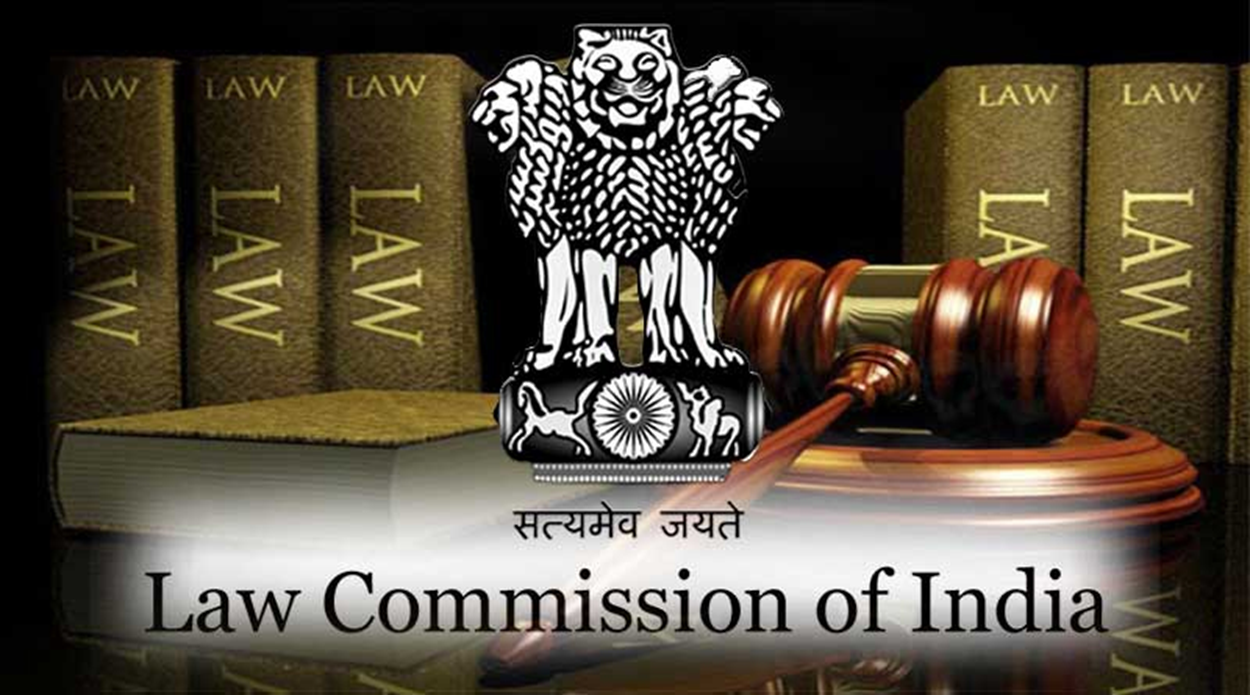22nd LAW COMMISSION ON SEDITION

Copyright infringement not intended
Context: The 22nd Law Commission Chairman has defended the panel's recommendation to retain the controversial Section 124A of the Indian Penal Code, which deals with sedition. He said that the law is necessary to protect the unity and sovereignty of the country from anti-national forces.
Details
- The panel had studied various judgments of the Supreme Court and High Courts on sedition and had consulted various stakeholders, including civil society groups, before finalising its report. He said that the panel had tried to balance the right to freedom of speech and expression with the duty to maintain public order and national security.
- The report acknowledges that the Sedition law has been widely misused and abused by the authorities to suppress dissent and criticism, and recommends several changes to make it more compatible with the constitutional values of democracy, free speech and human rights.
Highlights of the recommendations by the Law Commission
- The Sedition law should be retained in the Indian Penal Code, but with a clear and narrow definition that excludes any expression of opinion or criticism that does not involve violence or incitement to violence.
- The law should be made a cognisable offence only with the prior sanction of a competent authority, such as the Director General of Police or the Home Secretary, to prevent arbitrary arrests and harassment.
- The law should be made a non-bailable offence only if there is prima facie evidence of violence or incitement to violence, and the accused should be granted bail if the investigation is not completed within a reasonable time.
- The panel had proposed enough safeguards to prevent the misuse of the law by the authorities.
- The panel had clarified that criticism of the government or its policies, without inciting violence or public disorder, would not amount to sedition.
- The panel had suggested that only an officer not below the rank of a Deputy Superintendent of Police should be authorised to investigate a case under this section.
- The panel recommended bridging the big gap in punishment tenure by increasing the term from three to seven years, as per the severity of the crime. It would ensure that the punishment is proportionate to the offence and not arbitrary.
- The law should be subject to a mandatory periodic review by a parliamentary committee or an independent commission, to monitor its implementation and impact on civil liberties.
Conclusion
- The Law Commission Chairman was aware of the criticism and opposition to the sedition law from various quarters, but he appealed to them to read the report carefully and understand its rationale. He said that the panel was not in favour of scrapping the law altogether, as it would create a legal vacuum and leave the country vulnerable to external and internal threats. He said that the panel had tried to make the law more humane and reasonable, without compromising on its deterrent effect.
Must Read Articles:
LAW COMMISSION ON SEDITION: https://www.iasgyan.in/daily-current-affairs/law-commission-on-sedition
Sedition Law: https://www.iasgyan.in/daily-current-affairs/sedition-law-2
|
PRACTICE QUESTION Q. How can we balance the need for freedom of expression and the need for stability and security in a democratic society? What are the main challenges and risks that the sedition law poses to human rights, civil liberties and the rule of law? What are some possible ways forward to ensure that it is applied in a fair and transparent manner? |




1.png)
